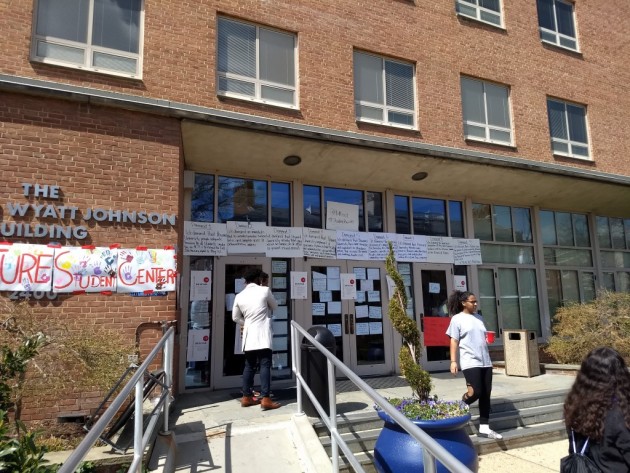Democrats and Republicans Argue over Photo IDs
“I want everyone to be able to vote—once,” Republican Indiana state Sen. Victor Heinold told the Associated Press.
Recently three states, Georgia, Indiana, and Wisconsin, have set off a furious debate about voting. Some of the legislators in these states are seeking to require voters to show photo identification in order to cast ballots while other lawmakers are planning to either vote down the bills or continue protesting.
Most proponents of the bill said that it would be an efficient way to make sure that voter fraud does not occur, just one more step to insuring a better elections process. Yet opponents of the bill argue that the states do not give proper alternatives for those who might not be able to provide a photo ID.
“It’s to break the spirit of the homeless, it’s to break the spirit of the have-nots,” Democratic Rep. Gregory Porter said to the Associated Press.
In Georgia those who did not have photo IDs would be allowed to cast provisional ballots but be required to return within 48 hours with a picture id. In Wisconsin, all voters with the exceptions of domestic abuse victims, nursing home residents and those who have lost their driver’s license would be required to show a government-issued photo ID. And in Indiana, only those who sign affidavits swearing they are too poor to get and ID or have religious objections towards it would be allowed to vote without a photo ID.
“I don’t agree with the fact that it has to be a photo ID as long as you can provide some substantive proof of who you are,” said Nyanquoi Yargawon, a 19-year-old from Atlanta. “The Republicans are just trying to weed out the poor and underprivileged vote by intimidating them with one more step to get through in their process to vote.”
Sonja Cajuste, a 20-year-old from Miami holds a different point of view. She said that she could see how Republicans might be trying to use this issue as a way to intimidate poor voters but that everyone should really have some sort of photo identification.
“It’s a sticky situation because really poor people should have some form of photo id on them and they do not cost very much, only three to five dollars to get a regular state photo id,” said Cajuste. “But on the other hand, I can see how the Republicans could be trying to use this just to add more regulations and make it more complicated for people to vote. The problem with this is that that affects poor people and in particular black people who are constantly being intimidated away from voting anyway. I think the Democrats realize this and know that we are a strong base in their votes and that’s why they oppose this so much.”
According to the National Conference of State Legislators and the Associated Press, nineteen states already require voters to show identification but only five of those ask for photo identification. Those states, which include Hawaii, Florida, Louisiana, South Carolina, and South Dakota, however, also allow the voters to present other forms of identification in the event that they do not have a photo ID.



